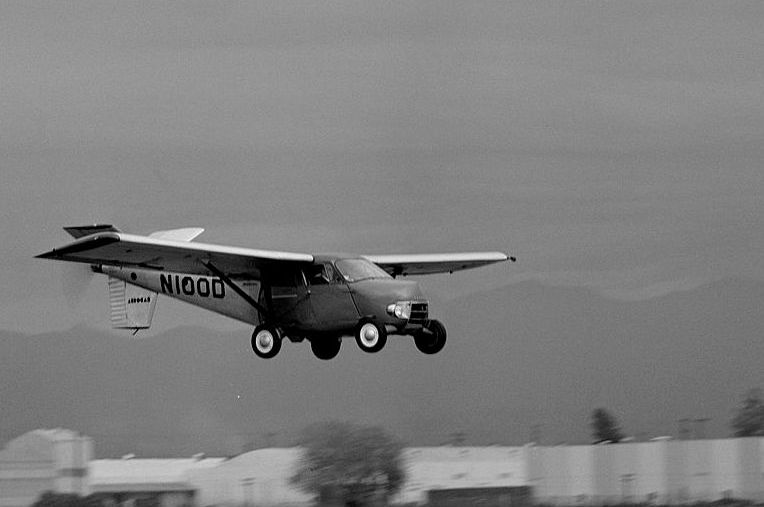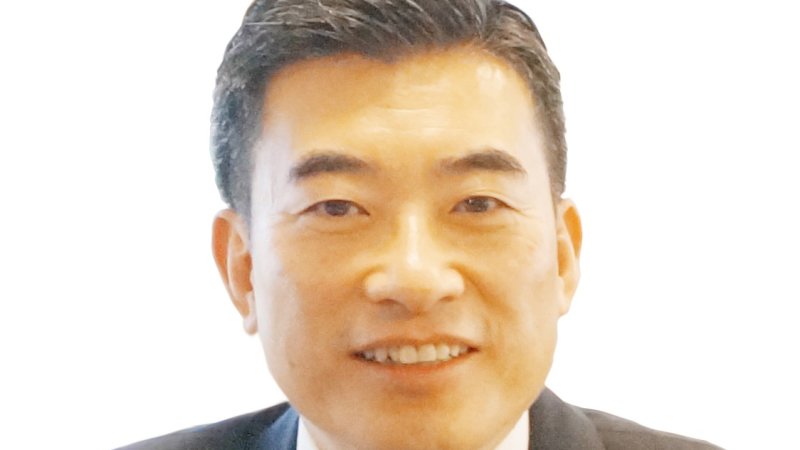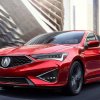
Hyundai Really Thinks Flying Taxis Will Take Off
It may sound ludicrous, but Hyundai has an Urban Air Mobility division that will be developing autonomous flying taxis. Today it announced Dr. Jaiwon Shin as head of the newly-created division.
“The new team at Hyundai will develop core technologies that will establish the company as a driving force in urban air mobility,” said Dr. Shin in a statement to the press. Shin is a former NASA engineer.

Shin worked at NASA for over 30 years. In that time he was involved with many projects including the supersonic X-plane and electrification of airplanes. Yes, electrification is being looked at for planes, too. Besides spacecraft projects, he is experienced in air traffic management, which has to be a big part of anything dealing with the concept of flying taxis.
We typically look at electrification and autonomous vehicles as the future of transportation. Those typically drive news cycles with sources like Motor Biscuit that are devoted to personal transportation. We sometimes forget the larger idea explored for decades to develop a car that flies. But companies looking at this are thinking more of a business model like a flying taxi that transports small groups of people.
Urban Air Synergies
Uber has paired with NASA and has already devoted significant amounts of money in its effort to provide flying ride-hailing services by 2023. Together they are developing electric planes with swiveling propellers attached to the wings for vertical lift (a Vertical Take-Off and Landing Vehicle or “VTOL”) like a helicopter.
Uber wants to introduce its flying taxi to the skies of Los Angeles by 2023 with anticipated mainstream use for the 2028 Olympics in LA.
In France, a combined Airbus and Audi effort is already developing some sort of air transportation effort outside of Marseilles called the Vahana project. Earlier this year they tested a single-seat autonomous flying taxi.
A collaboration between Boeing and a company called Kitty Hawk has developed a number of flying vehicles including an on-demand autonomous taxi. It has already tested a two-passenger autonomous electric airplane with a range of over 60 miles. It hopes to have these available as fleets as early as 2021.
Even Aston Martin is making plans to jump into the segment soon.
Hyundai’s Larger Goal
While a flying car could be one goal of Urban Air Mobility’s mandate, Hyundai has emphasized it has a larger goal in mind. It wants to explore solving urban traffic and pollution issues around the world.
Just today the city of New York announced it will ban vehicles on 14th Street in downtown Manhattan. If you’ve plied many of the world’s larger cities you know current traffic issues cause multiple time and money issues. Hyundai is looking to help solve some of these urban problems with electric, autonomous and human-sized drone technology.
Business Worth Over $1.5 Trillion
Investors say the business of urban mobility is expected to be a huge business with estimates of over $1.5 trillion in the next 20 years.
Little is known about Hyundai’s flying taxi efforts, but this latest move shows it is serious about the segment. Hopefully, more information will be forthcoming to better visualize what the near future of mass transit will look like.



